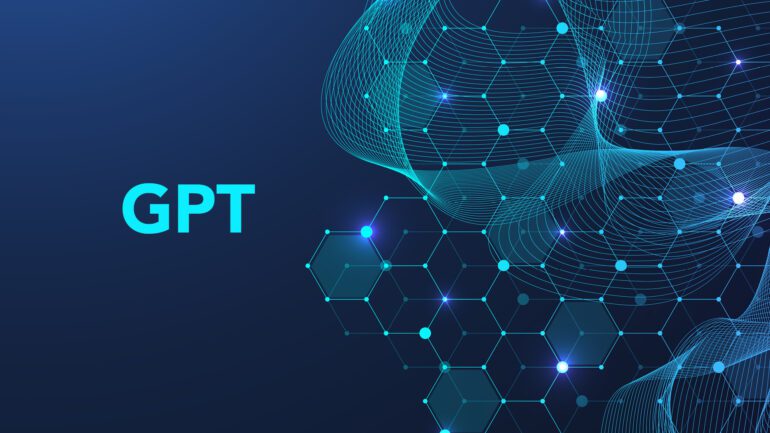TL;DR:
- OpenAI’s attempt to trademark “GPT” is denied by the USPTO, deeming it “merely descriptive.”
- Despite ChatGPT’s widespread recognition in the AI market, it fails to meet trademark eligibility standards.
- The denial signifies OpenAI’s inability to monopolize GPT-related terminology.
- Competitors may exploit this opportunity to introduce similar offerings without legal repercussions.
- OpenAI retains its first-mover advantage in the market despite the absence of formal trademark protections.
Main AI News:
OpenAI’s bid to trademark the term “GPT” has hit a roadblock as the U.S. Patent and Trademark Office (USPTO) deemed it “merely descriptive” and therefore ineligible for registration. While this setback poses challenges to OpenAI’s branding strategy, it’s unlikely to prompt a flood of competing chatbot releases.
As the foremost AI brand in today’s market, ChatGPT enjoys unrivaled recognition, having propelled large language models from niche interest to global phenomenon. However, the USPTO’s ruling denies OpenAI the trademark status and associated protections denoted by the “TM” symbol, marking a definitive end to their application process.
The USPTO’s denial rests on the grounds that the term “GPT” merely describes a feature or characteristic of OpenAI’s offerings, failing to meet the criteria for trademark registration. Despite OpenAI’s argument that they popularized the term, defining it as a “generative pre-trained transformer,” the patent office noted its widespread usage across various contexts and by competing entities. For instance, Amazon has its own explanation of GPTs and their applications.
Analogously, attempting to trademark “GPT” is akin to seeking protection for a generic term like “crunchy” in a cereal brand’s name, such as “Crunchy O’s.” In the case of ChatGPT, while it holds significant market visibility, it falls short of meeting the stringent requirements for trademark eligibility.
The absence of a trademark may erode OpenAI’s monopoly over GPT-related terminology, potentially paving the way for alternative offerings like “TalkGPT” to emerge in the marketplace. Nevertheless, OpenAI still commands unparalleled mindshare concerning GPT, leveraging its first-mover advantage to reinforce its pioneering role in the development of AI conversational models.
Despite the legal constraints, OpenAI may intensify its focus on GPT branding, prioritizing market recognition over formal trademark protections. By reaffirming its status as the originator of GPT technology, OpenAI aims to consolidate its position as the industry leader, regardless of legal limitations.
Conclusion:
The rejection of OpenAI’s trademark application for “GPT” underscores the challenges in securing exclusive branding in the competitive AI market. While ChatGPT maintains its prominence, the lack of trademark protection opens the door for competitors to leverage similar terminology. OpenAI’s response will likely focus on consolidating its leadership position through continued innovation and market differentiation.

